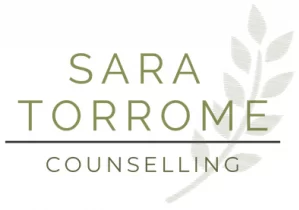Estrangement - the state of being separated from someone with whom you once had a close relationship - can trigger a unique and often misunderstood form of grief. As a counsellor in Beaconsfield, I've worked with many individuals grappling with the complex emotions that accompany estrangement. If you're experiencing this type of loss, it's important to recognise that your feelings are valid and that support is available.
Unlike the grief that follows a death, estrangement grief is often complicated by the fact that the person is still alive. This can lead to a sense of ambiguous loss, where the situation lacks closure and can feel unresolved. You might find yourself cycling through a range of emotions - sadness, anger, guilt, relief, and even hope for reconciliation. All of these feelings are normal parts of the grieving process.
One of the most challenging aspects of estrangement is its impact on your sense of identity and self-worth. Family relationships, in particular, play a significant role in shaping who we are. When these relationships break down, it can leave you questioning your place in the world and your value as an individual.
Societal expectations can add another layer of complexity to estrangement grief. There's often pressure to maintain family relationships at all costs, which can lead to feelings of shame or failure. Holidays and family-centric events can be particularly difficult, serving as painful reminders of the estrangement.
So, how can you navigate this challenging terrain? Start by acknowledging and validating your feelings. Allow yourself to grieve the loss of the relationship and the future you had envisioned. Set boundaries that protect your wellbeing, even if that means limiting contact with people who don't understand your situation.
Seeking support is crucial. This might involve confiding in trusted friends, joining a support group for those experiencing estrangement, or working with a counsellor who can help you process your emotions and develop coping strategies. Remember, asking for help is a sign of strength, not weakness.
Practice self-care and self-compassion. Treat yourself with the same kindness you would offer a friend going through a difficult time. Engage in activities that bring you comfort and joy, and be patient with yourself as you navigate this challenging journey.
It's important to recognise that healing is possible, even if reconciliation isn't. While the pain of estrangement may never completely disappear, you can learn to live with it and even grow from the experience. Many people find that working through estrangement grief leads to increased self-awareness, resilience, and the ability to form healthier relationships.
If you're struggling with estrangement grief and finding it difficult to cope, please know that support is available. As a counsellor in Beaconsfield specialising in grief and loss, I'm here to help you navigate this painful experience and work towards healing. Remember, you're not alone in this journey, and there is hope for a brighter future, even in the face of estrangement.
